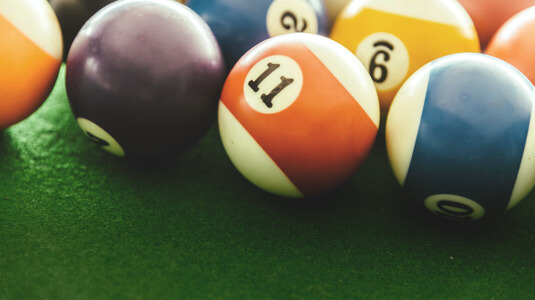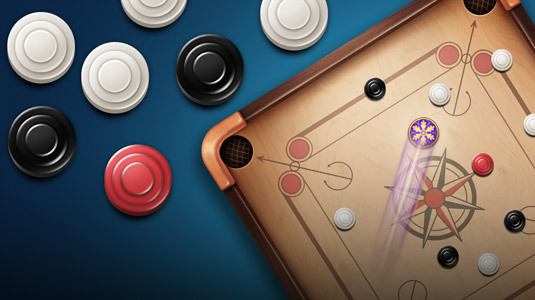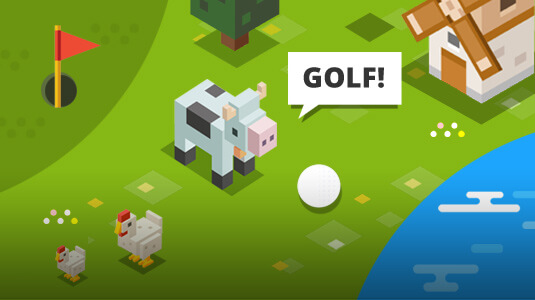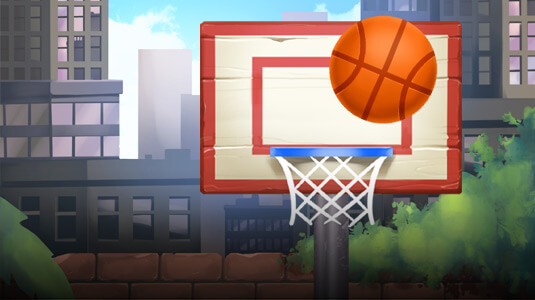Play Sports Games Online
Chalk up. Precision, physics, and friendly rivalry. The bar sports experience without the overpriced drinks.

Pool
Pool with real-time chat. Sink epic shots in classic 8-ball, 9-ball, and Cutthroat game modes.
Carrom
Flick your striker, sink the discs, and cover the Queen to claim the win.
Mini Golf
Mini Golf showdown. Putt through creative courses and challenge friends to see who can sink more hole-in-ones.
Table Soccer
Swipe for the gooooal! Play a miniature, fast-paced version of football where your passing and shooting skills will be put to the test.
Bowling
Bowling in the palm of your hand. Roll for strikes and spares across 10 frames and beat your friend’s final score.
Disc-O
Shuffleboard without the cruise ship. Strategically slide your discs and knock off your opponents to win.
Archery
Ready, aim, bullseye! Prove you’re Plato’s sharpest archer.
Darts
Flick darts, aim true, and hit bullseyes in this timeless barroom showdown.
Basketball
The buzzer’s ticking. How many shots can you sink before time runs out?
Cup Pong
Campus legends wanted! Land your shots, clear the cups, and let everyone know who runs the table.
The Modern Pool Hall
There is a satisfying geometry to a perfect bank shot. Sports games on Plato aren't about fantasy leagues or spreadsheets—they are about hanging out.
We’ve recreated the "Bar Sports" experience—Pool, Bowling, Archery, Table Soccer. It’s about touch, angle, and the conversation that happens between shots.
The Return of the Lobby
If you remember the internet of the early 2000s, you know what’s missing from modern gaming: Community.
Plato brings it back. We track stats and maintain a ranking system that actually matters. This isn't just a throwaway match; it’s a career. If you are looking for an online hall where you can become a "regular," you’ve found it.
Physics, Not Pay-to-Win
Nothing kills the competitive spirit faster than losing to a "Super Ball" bought with real money.
In Plato’s Sports category, money buys style, not skill. You can buy a custom cue, but it won't fix your aim.
- Pool: Supports spin and precise power control. Rewards players who think three shots ahead.
- Bowling: It’s all about the rhythm. Finding the groove takes minutes to learn but months to master.
The League Night Vibe
You don’t need to be in the same city to host a League Night.
Gather your crew and let the games begin. It’s the best way to settle arguments or blow off steam. Because these games happen in real-time with integrated chat, the trash talk is immediate. When you scratch on the 8-ball, you know your friend is laughing before they even type a word.